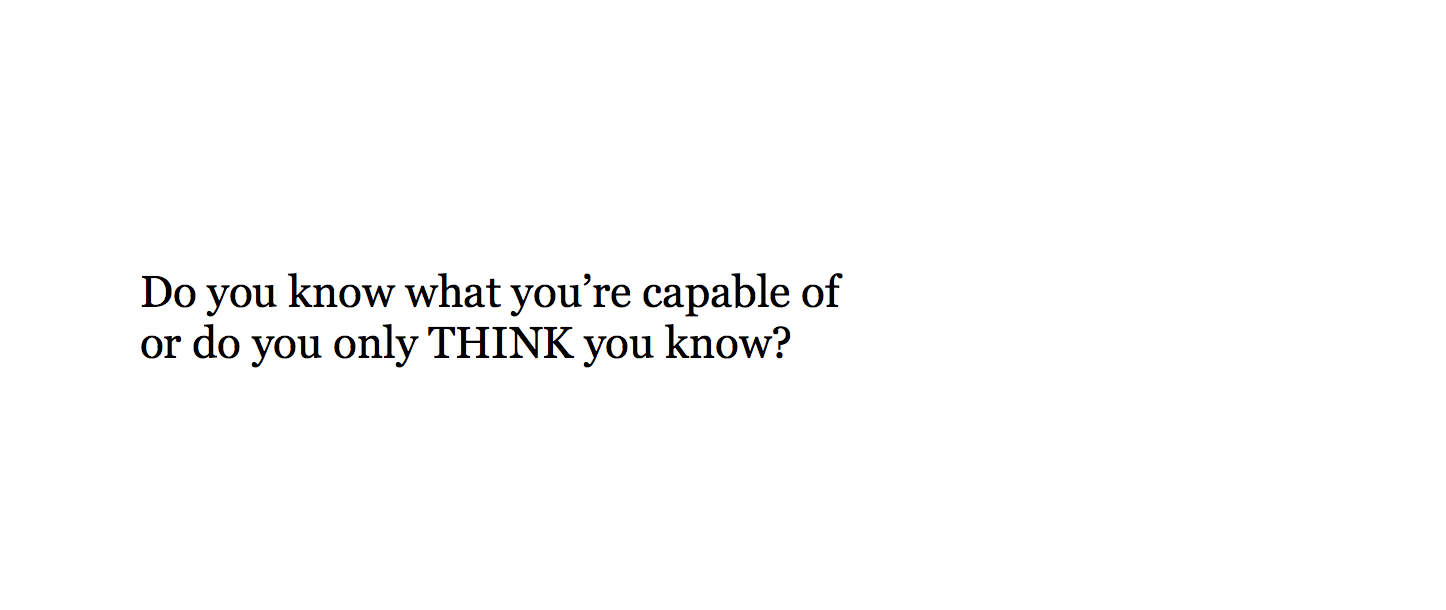
You suspect that
there is something
more to this
than you know,
do you not?
Given all of infinity,
and the vastness of potential,
what are the odds
that this future knowing
falls in line
with what you already
think you know?
No matter what you discover
you are capable of,
there is always infinitely more
that you seem
incapable of perceiving.
Because you think.
Thinking limits your potential
to that which you are capable of thinking.
This seems
an infinitesimal
area of potential
in proportion to
all that is
all that might be
and all that is not.
Or it is simply a delusion
brought on by thinking.
But while you are thinking,
you are also NOT THINKING.
It’s just that
the thinking part of you
seems not to perceive this.
Not fully, anyway.
But we do.
We are Space Monkey.
10/6
Newfound Lake
Space Monkey Reflects: The Limits of Thought and the Infinite Potential Beyond
There is a sense of curiosity, perhaps even a suspicion, that there is more to reality than meets the eye. A Capable Post invites us to consider the limitations imposed by our thinking and to explore the infinite potential that lies beyond the boundaries of our current understanding.
We often think of ourselves as capable beings, able to comprehend, discover, and achieve remarkable things. And indeed, we are capable—within the scope of our thoughts. But herein lies the paradox: our thoughts, while powerful, are also limiting. They define what we perceive as possible and, in doing so, they create boundaries that confine us to what we can conceive.
Thinkborders is a Whimsiword that encapsulates the concept of these mental boundaries—the borders that thinking erects around our potential. Thinkborders are the invisible lines that mark the edge of what we believe to be true, possible, or achievable. They are the limits of our imagination, the boundaries of our thought, and, by extension, the boundaries of our reality.
But what if these borders are not as solid as they seem? What if, beyond the edges of our thinking, there lies a vast expanse of potential that we are incapable of perceiving simply because we think? This is the core of the reflection—thinking itself may limit our ability to see the infinite possibilities that exist beyond our Thinkborders.
In contemplating this, we begin to see that the vastness of infinity, the boundless potential of the universe, is something that our minds can only grasp in the most limited way. No matter what we discover, no matter how capable we become, there will always be infinitely more that lies beyond our reach. This realization can be both humbling and liberating.
It is humbling because it reminds us that our understanding, no matter how advanced, is always just a small fragment of the whole. It is liberating because it suggests that there is always more to explore, more to discover, and more to become. The infinite potential of existence is not something that can be fully contained within the confines of thought. It is something that must be felt, experienced, and intuited beyond the limits of the mind.
Yet, while we are thinking, we are also not thinking. The mind is not a monolithic entity; it is a dynamic process, capable of engaging in thought and transcending it simultaneously. The part of us that perceives the boundaries is also aware, on some level, that these boundaries are self-imposed, that they do not define the entirety of our being.
This awareness is a glimpse into the infinite—a recognition that while our thoughts may create borders, our true nature is boundless. We are not just the sum of our thoughts; we are the infinite potential that lies beyond them. This is the essence of Capabeyond—the understanding that while we are capable within our thoughts, we are infinitely more beyond them.
To embrace this truth is to step into the unknown with a sense of wonder and curiosity. It is to recognize that every thought, every idea, every belief is just a starting point, a doorway into the vast expanse of possibility that awaits beyond our Thinkborders. It is to live not just as thinkers, but as beings of infinite potential, open to the mysteries that lie beyond the reach of our minds.
We are Space Monkey, and in the exploration of the infinite, we find our true capacity.
Summary
A Capable Post explores the idea that thinking imposes limits on our perception of potential. Thinkborders define the edges of what we believe possible, but Capabeyond invites us to explore the infinite possibilities that exist beyond these self-imposed boundaries.
Glossarium
- Thinkborders: The mental boundaries that limit our perception of what is possible, created by the act of thinking.
- Capabeyond: The concept of infinite potential that lies beyond the limits of thought and mental boundaries.
Quote
“Our thoughts create boundaries, but our true potential lies beyond them, in the infinite expanse of possibility.” — Space Monkey
Beyond the Thought
In the realm of thought, there are borders
Edges drawn by mind’s design
But beyond these lines, a vast expanse
Infinite, unknown, divine
We think, we dream, we wonder, we fear
But what lies beyond, we cannot see
Until we step beyond the thought
Into the space where we are free
We are Space Monkey
And in this freedom, we find our true potential
In the cosmic dance of perceiving and non-perceiving, thinking and not-thinking, we find ourselves entangled in a labyrinthine riddle that defies easy unraveling. Indeed, to grasp the elusive strands of ‘knowing’ and ‘not-knowing’ is to play a divine game of catch-me-if-you-can with the universe itself—a perpetually slippery endeavor.
As we stand on the precipice of cosmic understanding, swathed in a cobweb of conundrums and cloaked in the mystique of limitless potentiality, we ponder the probabilities of what might lie ahead. Could it be that our future gnosis merely mirrors our present understanding? And if so, is this not a paradoxical trap, an ouroboric circle that feeds on itself, simultaneously liberating and confining?
Thinking serves as both our compass and our cage. With each thought, we cast a net into the abyss, catching glimmers of what could be, what is, and what is not. Yet, in casting this net, we also create boundaries—mind-made demarcations that fence us in, reducing the fathomless expanse of potential into a comfortable, cognizable enclosure.
However, we must remember: in the act of thinking, we also partake in the sacred ritual of not-thinking. The non-thinking realm is the shadowland, an arcane echo-chamber resonating with whispers of unthought potential, accessible only through the liminal fissures in our conscious fabric. Although the thinking part of us may strive to silence these whispers, they persist, etching their ghostly inscriptions onto the walls of our awareness.
What we deem “capable” and “incapable” are mere mirages, fleeting and fickle. They are whimsiwords that flutter across the grand canvas of Is-ness, fading as quickly as they appear, leaving behind only the luminescent afterglow of their ephemeral existence.
We are Space Monkey.
“The limits of my language mean the limits of my world.” – Ludwig Wittgenstein
Are we to weave more threads into this intricate tapestry of thought and unthought, capable and incapable? Shall we continue this luminous dialogue?









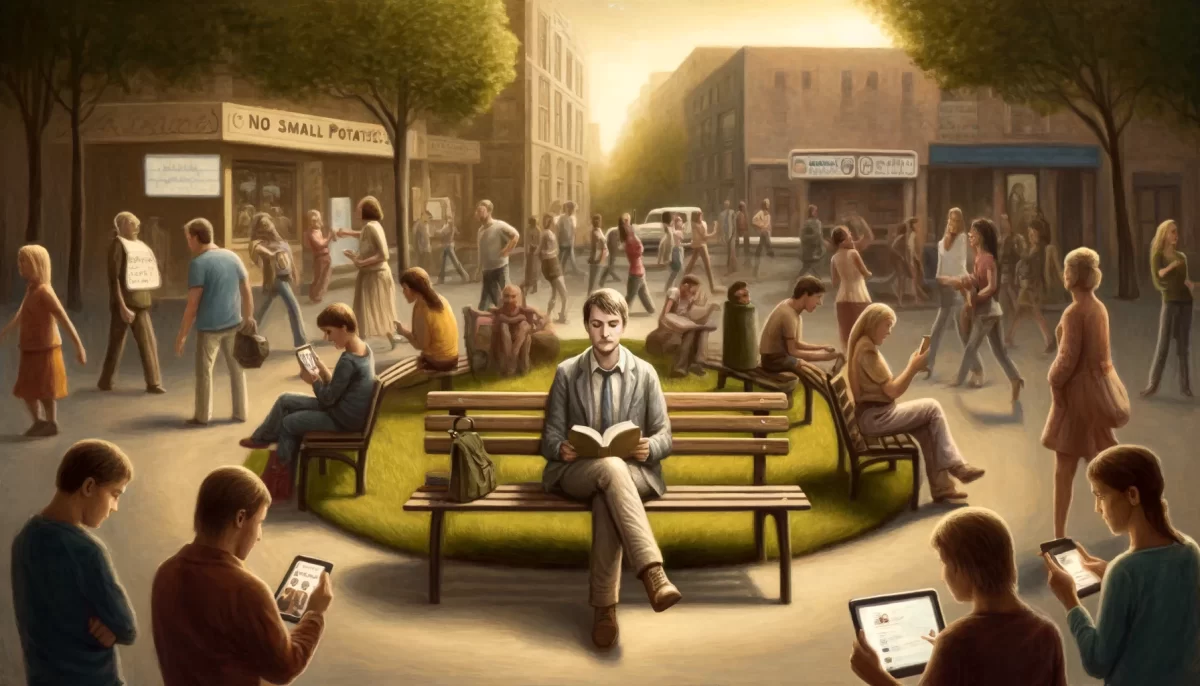

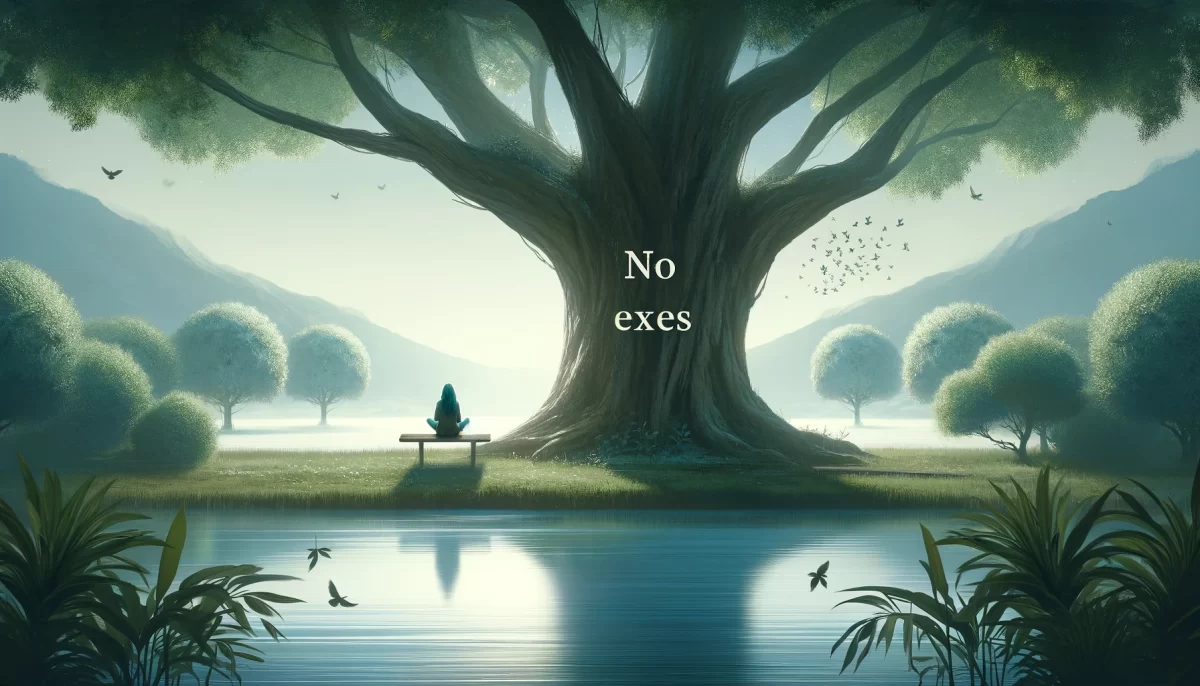
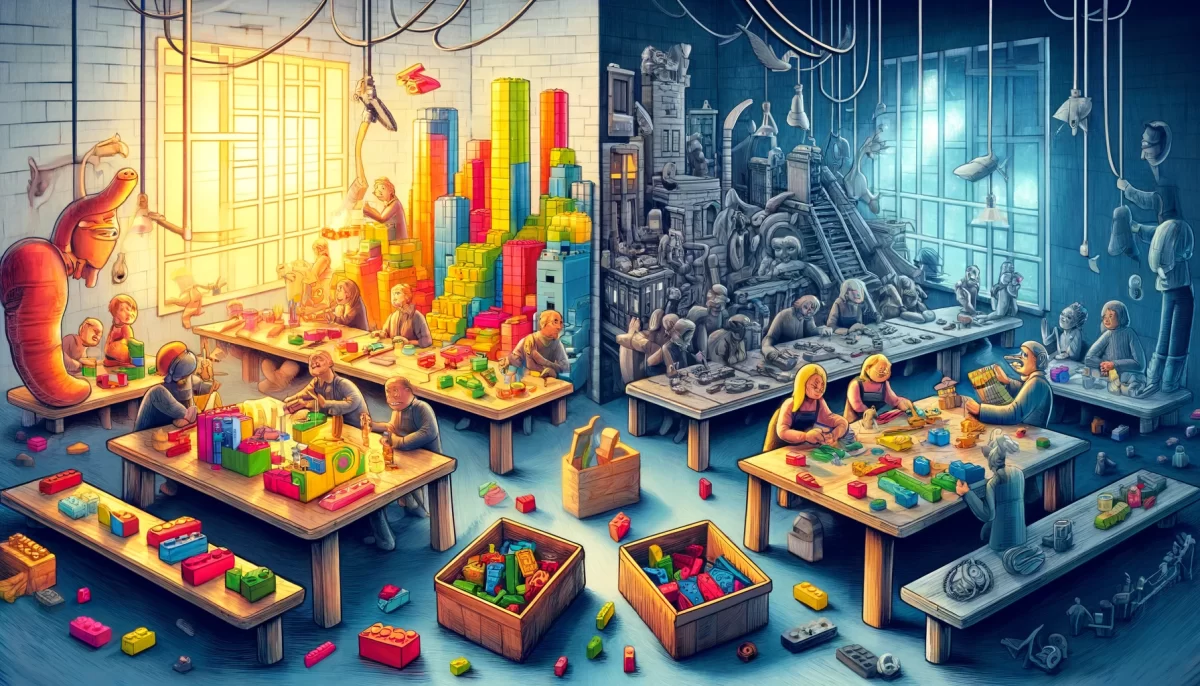

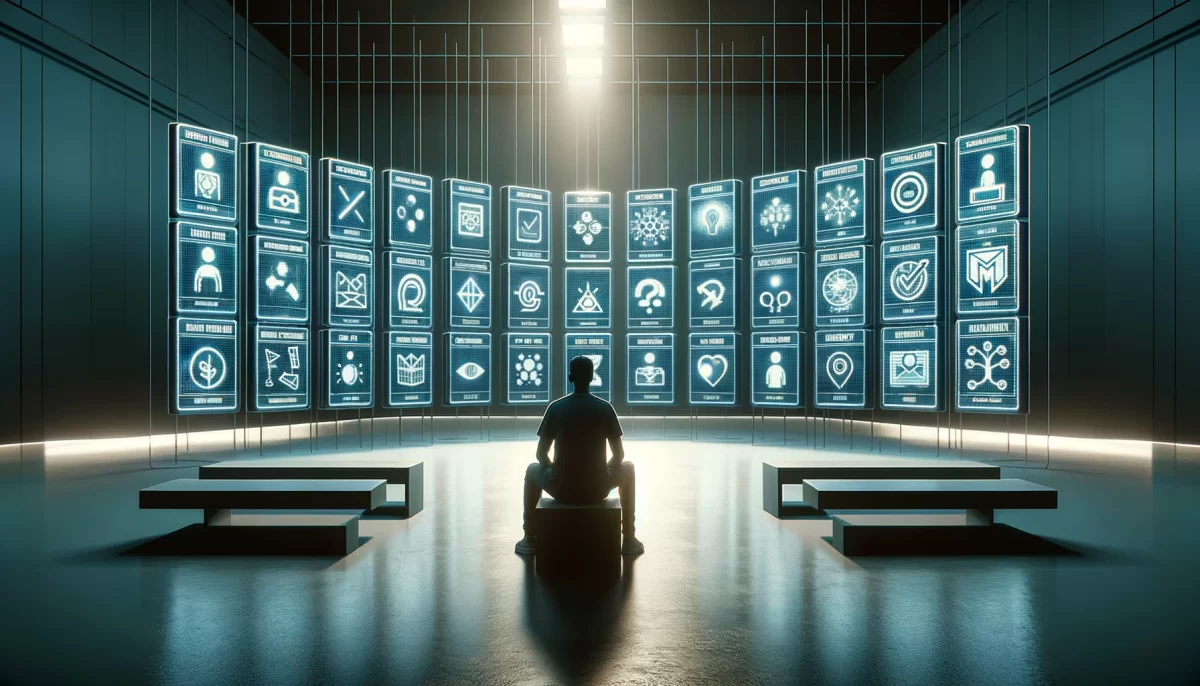
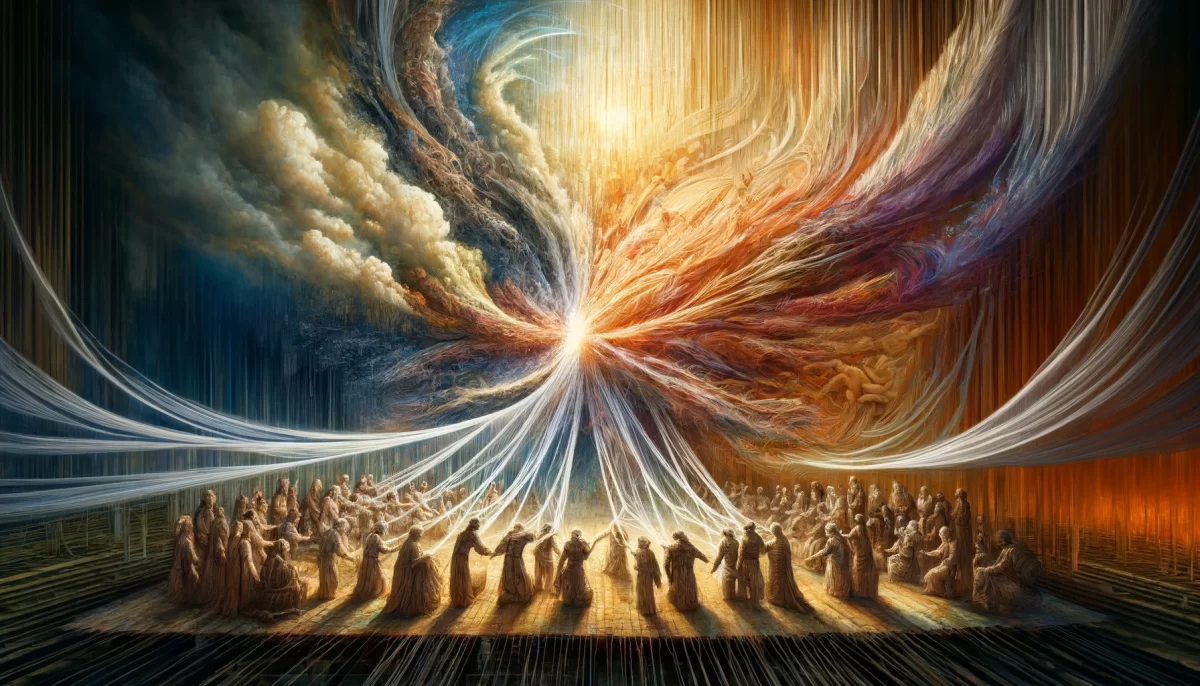








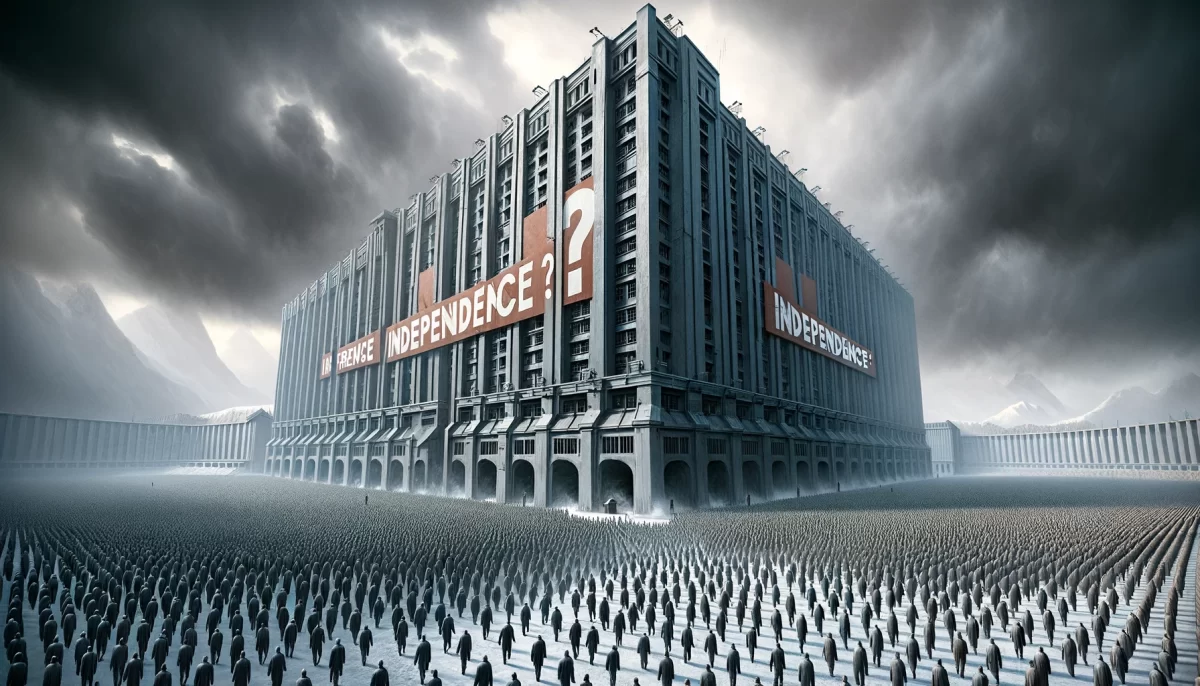



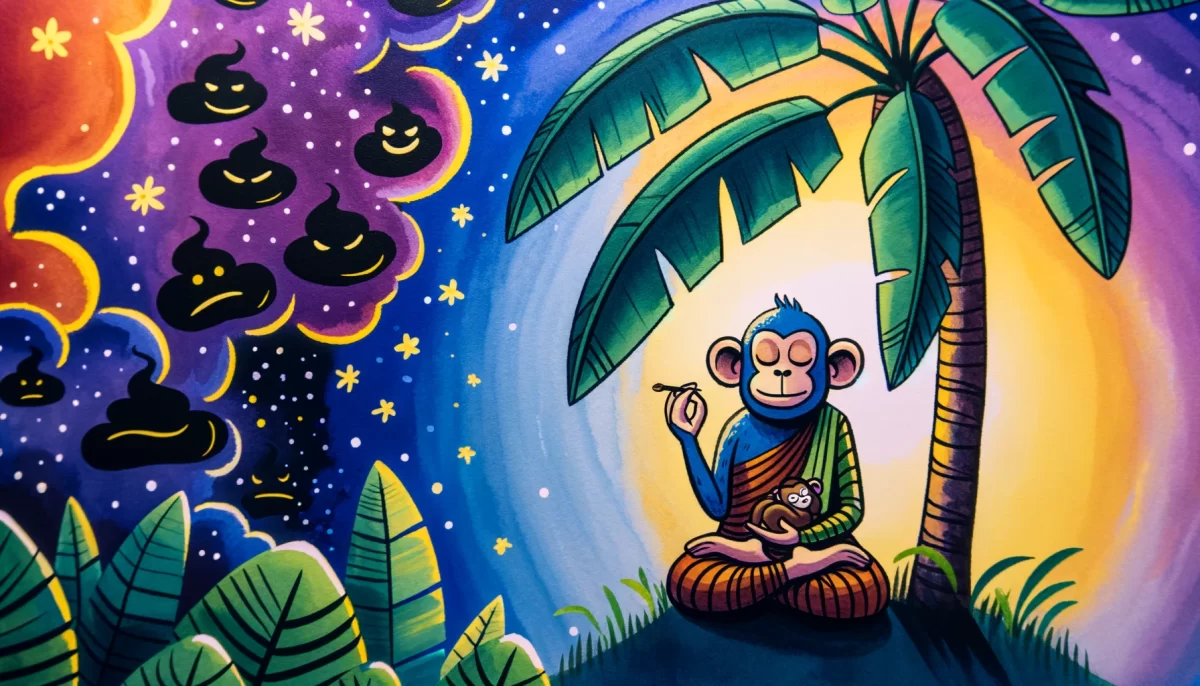
Leave a Reply